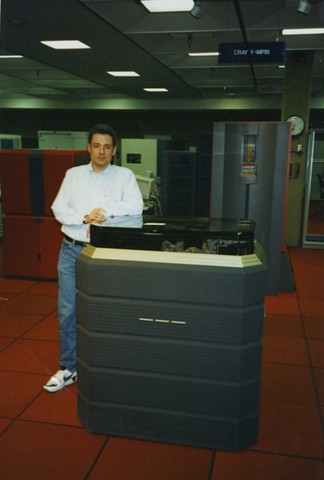I found a Day One bug in some unit test code today that I wrote in 2014, nine years ago. What caused the bug to show up now? I had botched where I had put a thread scheduling yield function call relative to a critical section in the unit test. Apparently this is the first time I have ported this multi-threaded C code to a single-core processor - in this instance, a Raspberry Pi Zero.
This is remarkable. As someone said when I related this story to them, it's not uncommon to uncover bugs in code being ported from single core to multi-core processors, but the opposite transition happens seldom enough that this kind of event is rare.
For most of my career - which began before microprocessors even existed - all such computer chips were single core, that is: capable of executing only a single machine instruction at a time. I started writing this library, Diminuto, for a single core ARM4 processor in 2008. But it didn't take long to migrate to inexpensive ARM and Intel chips that could execute more than one instruction at a time. Today, I routinely use small development and test machines that have four or even eight processor cores. As a former colleague of mine, who I met when I worked in Boulder at the National Center for Atmospheric Research and he with Seymour Cray at Cray Computer Company in Colorado Springs, once remarked, your Raspberry Pi 4B single board computer can, by most metrics, outperform Seymour's last supercomputer, the Cray-3 a.k.a. "The Fish Bowl".
The evolution of multi-core microprocessors was largely motivated by, IMNSHO, the end of Moore's Law, at which point doing stuff in parallel was the only way to produce faster microprocessors... faster, at least, for those applications which could take advantage of them. See also: Amdahl's Law.
Yes, that's a young(er) iteration of me leaning on a Cray-3 in NCAR's computer room at their Mesa Laboratory in Boulder Colorado. Compared to what we can do with computers today, those were the old days, but not necessarily the good old days.


No comments:
Post a Comment